Global experts in the social and natural sciences unveiled the annual “10 New Insights in Climate Science” report yesterday with UNFCCC Executive Secretary Simon Stiell. The report covers the latest and most important climate science research from the past 18 months, synthesized to help inform policymakers, negotiations at COP28 and policy implementation in 2024 and beyond.
Simon Stiell said: “The report provides an important tool for decision-makers at a critical time in the climate calendar each year. The scientific findings from reports like this should inform the ambitious and evidence-based action plans needed in this critical decade of accelerated climate action.”
The report findings underline the inevitability of exceeding the Paris Agreement‘s 1.5°C global warming target and emphasize the urgency of a rapid and manageable phase-out of fossil fuels.
Prof. Johan Rockström, Director, Potsdam Institute of Climate Impact Research commented: “Science is clear. COP28 must be the global meeting when the world gets serious about phasing out fossil-fuels. Dubai is the grand mitigation moment for coal, oil and gas, which need to shift from increasing 1%/yr to decreasing globally by at least 5 %/yr, and for nature by protecting remaining carbon sinks and stocks in ecosystems, plus building resilience and new carbon sinks in agriculture. So far, we have failed on both nature and energy, taking us on a dangerous path towards losing sight of the Paris Agreement target – the 1.5°C biophysical limit.”

‘Permanent CO2 removal studies should be accelerated’
The report also emphasizes the need for sound policies to achieve the scale needed for effective complementary technology solutions, such as CDR, especially in an environment of growing concern about the future of land and ocean carbon sinks.
Dr. Oliver Geden, Senior Research Fellow at the German Institute for International and Security Affairs and Vice-Chair of IPCC WG III, said: “While not a substitute for rapid and drastic emission reductions, CDR will be essential to tackle hard-to-eliminate emissions and ultimately lower global temperature. Current CDR is predominantly forest-based, but other CDR methods that deliver permanent CO2 removal, backed by stronger governance and better monitoring, need to be rapidly accelerated and scaled up.”
The report highlights the urgent need to develop equitable climate adaptation strategies that proactively address simultaneous and interlinked extreme events and build resilience for the most vulnerable.
It also emphasizes the critical role of food systems in climate action, which are already responsible for around one-third of global greenhouse gas emissions. It advocates for addressing existing inequalities and points to the need to adapt policies to regional and sociocultural contexts to ensure the establishment of equitable, low-carbon food systems.
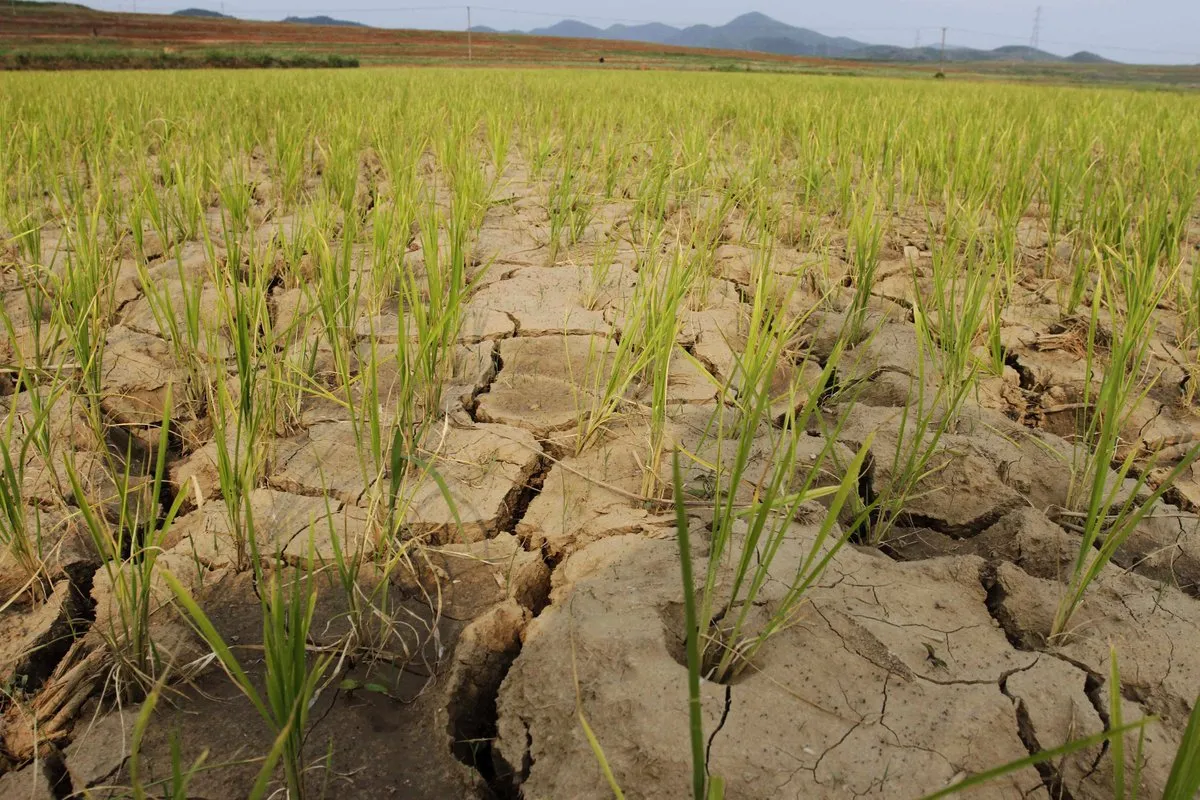
Dr. Aditi Mukherji, Director of the Climate Change Adaptation and Mitigation Impact Action Platform of the CGIAR, highlights: “The close linkages between climate change mitigation and adaptation, biodiversity conservation, and broader societal needs, including food security, require a transformative shift in how we collectively manage socio-ecological systems at all scales. Most importantly, because of rising food security risks, policies and solutions must be co-designed and implemented with those who suffer the most.”
Launched at the COPs with the UNFCCC since 2017, the 10 New Insights in Climate Science series is a joint initiative of Future Earth, Earth League and the World Climate Research Program, synthesizing the latest advances in climate change research. This year’s report represents the collective efforts of 67 leading researchers from 24 countries.
Dr. Wendy Broadgate, Director of the Future Earth Global Center, concluded: “Science shows that we are on track to exceed 1.5° Celsius. Minimizing this overshoot is critical if we are to reduce risks to communities around the world. COP28 must be a turning point where collective action to phase out fossil fuels gathers momentum.”
The predictions of the report are as follows:
- Overshooting 1.5°C is fast becoming inevitable. Minimising the magnitude and duration of overshoot is essential.
- A rapid and managed fossil fuel phase-out is required to stay within the Paris Agreement target range.
- Robust policies are critical to attain the scale needed for effective carbon dioxide removal (CDR).
- Over-reliance on natural carbon sinks is a risky strategy: their future contribution is uncertain.
- Joint governance is necessary to address the interlinked climate and biodiversity emergencies.
- Compound events amplify climate risks and increase their uncertainty.
- Mountain glacier loss is accelerating.
- Human immobility in areas exposed to climate risks is increasing.
- New tools to operationalise justice enable more effective climate adaptation.
- Reforming food systems contributes to just climate action.

‘Efforts must be made for a just transition away from fossil fuels’
Dr. Ploy Achakulwisut, Research Associate at the Stockholm Environment Institute and the UN Secretary-General’s Climate Action Team, commented on the report’s conclusions:
“A rapidly shrinking carbon budget means that governments and the private sector must stop permitting new fossil fuel projects, accelerate the early phase-out of existing infrastructure, and plan for a well-managed phase-out of fossil fuel production and consumption, along with rapidly accelerating the pace of renewable energy deployment. High-income countries should lead this transition and provide support to countries with lower capacity, while all countries should work toward an equitable and just transition away from fossil fuels.”
Dr. Lisa Thalheimer-Prezyna from the United Nations University – Institute for Environment and Human Security (UNU-EHS) said, “As interconnected extreme climate events intensify, the need to identify and prepare for climate hazards in a timely manner increases. Using justice-centered climate adaptation planning to build resilience and reduce the risk of maladaptation among the most vulnerable communities is essential, and COP28 must make progress on this.”
IPBES President and CORDIO East Africa Director Dr. David Obura emphasized the need to address climate and biodiversity emergencies together: “Multilateral conventions on climate change and biodiversity and their respective science-policy platforms will be much more effective with closer alignment. Ensuring that climate finance allocations have nature-positive safeguards and strengthening concrete inter-convention cooperation are examples of key actions that will lead to more effective outcomes.”
The report is available here.

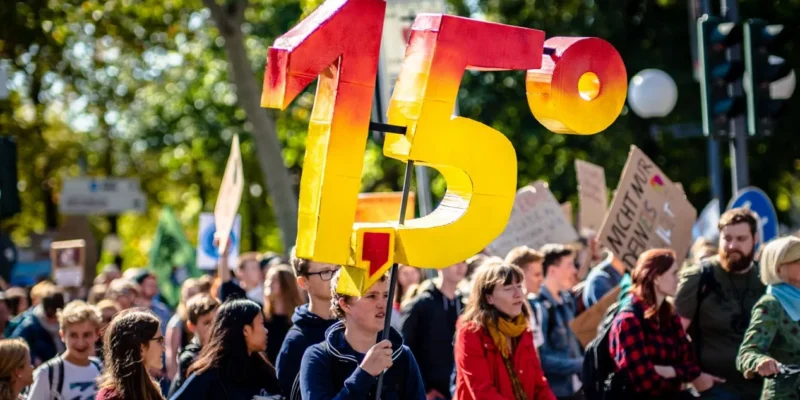
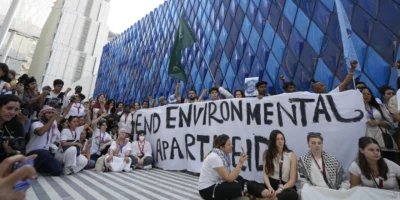

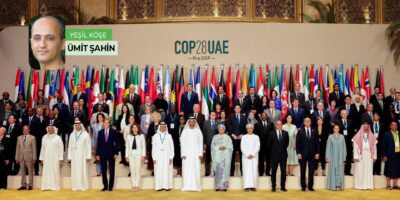








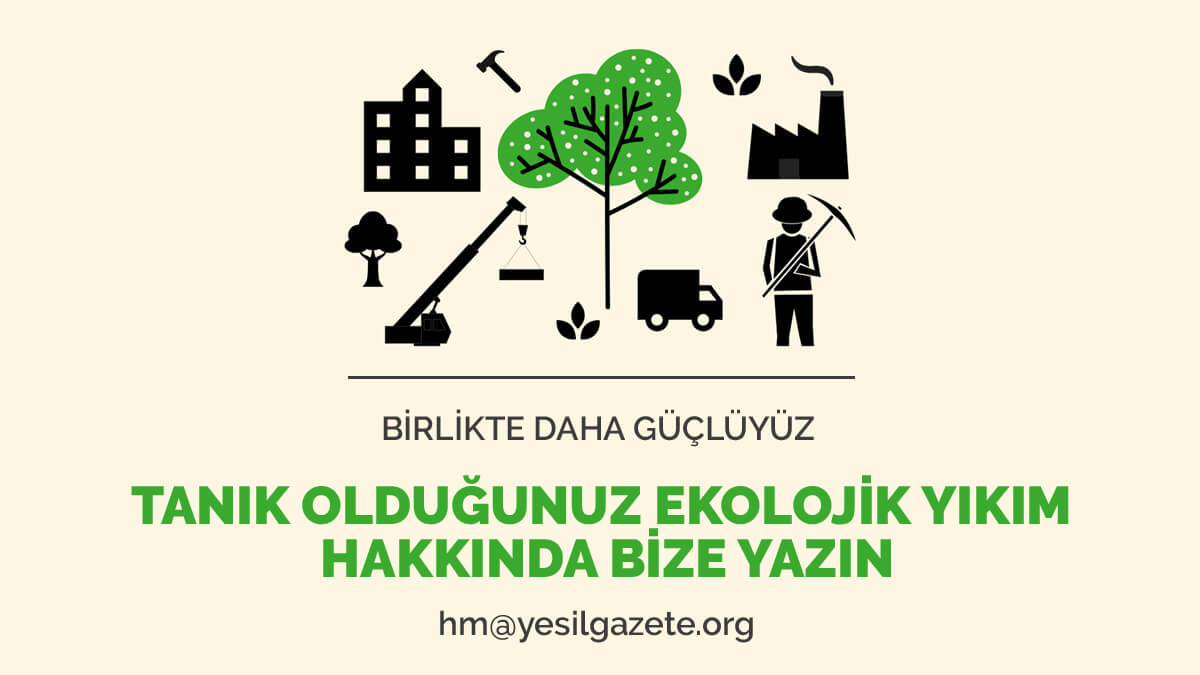

Comments